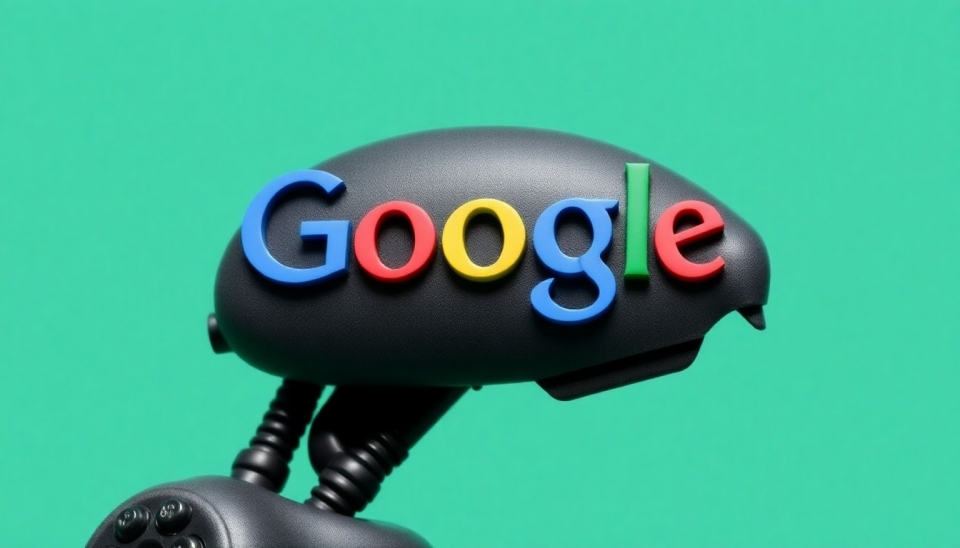
The latest AI integration by Google, Gemini, found its way into Gmail with the view to further enhance the user experience with more developed AI. But it would appear that reality never quite catches the spec sheet of what users were led to believe through previous iterations of these AI enhancements developed by Google. A number of elements within Gemini have left a lot to be desired from the technology, hyped but underperforming.
Along came Google Gemini AI, promoted as that novel tool that would finally relieve people from the drudgery associated with managing emails, thanks to automated processes with the aid of AI. It was meant to automatically categorize emails, employ smart replies, and utilize predictive text. These features would completely change the users' way of working with their inbox, whereas consumers were supposedly to save time and cut the level of stress associated with emails.
The reaction of users has been no better than mixed. Many also feel that Gemini, while offering some sort of aid, is not as intuitive or as right as they had expected. Auto-email categorization, for example, has been found less than perfect, misclassifying email into categories and thus bringing about confusion rather than clarity. People are voicing their critiques, too, by the fact that some features, like Smart replies that employ a quick response, are too generic and completely discount nuanced human communication.
Second, some users have grumbled that the predictive text feature sometimes interferes more than it helps, making suggestions that are irrelevant or just out of character for the user's normal communication style. This has resulted in frustration rather than the seamless experience the feature intended to deliver.
Of course, despite such disadvantages, there were some areas in which Gemini shone. First was the ability of the AI to screen messages and bring important emails into view, and for which many appreciated this initiative taken by the AI. Secondly, because Gemini integrates with the vast ecosystem set up by Google, it has access to a wide range of information, although that might improve with time.
Google has identified these issues, which users have pointed out, and promised to make constant updates to hone Gemini. All this means is that although iterative enhancements may be one approach by the company, it does not necessarily mean that current versions may not satisfy the needs of the users, but someday great improvements may be seen. All in all, these call for feedback from users in order to help Google fine-tune the AI capabilities of the chatbot.
So far, Google Gemini AI in Gmail has marked a further development toward a more sophisticated system of email management, but it does not completely live up to the high hopes that had been placed upon it. One can only hope that future updates will bridge the many gaps that currently exist and finally give them that advanced, seamless experience initially promised.
That is, the hard work that has gone into creating AI for something as mundane as Gmail-applications-deserves a round of applause. At the same time, however, the initial performance of Gemini AI serves only to point out an apparent challenge in marrying advanced technologies with user-friendly applications. Indeed, the next couple of months will be of considerable interest, given how far Google will be able to close the gap between what is groundbreaking innovative potential and actual performance.
#GoogleAI #Gmail #GeminiAI #EmailManagement #ArtificialIntelligence #TechNews #UserExperience #AIUpdates
Author: Liam Carter
